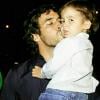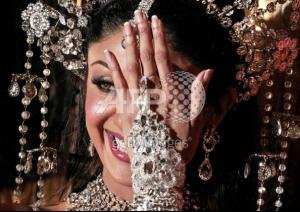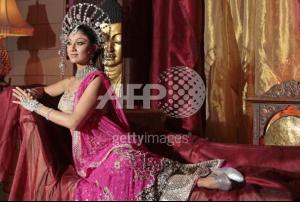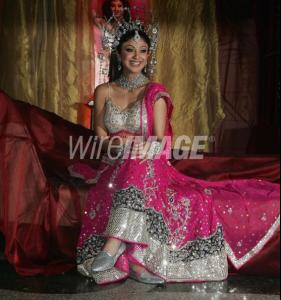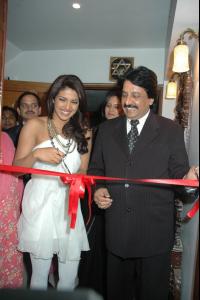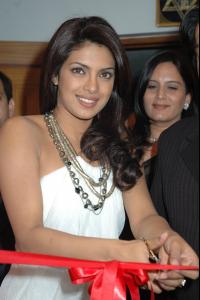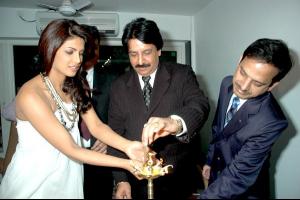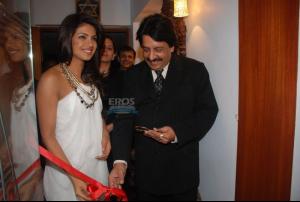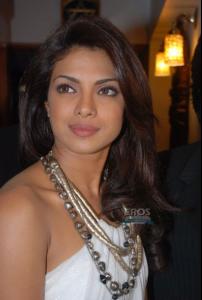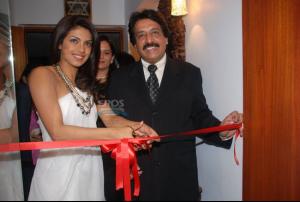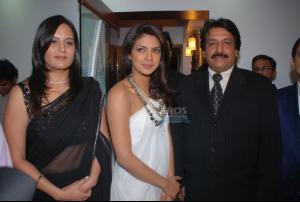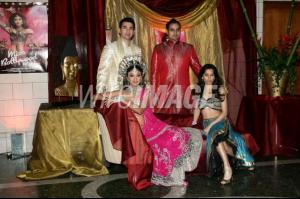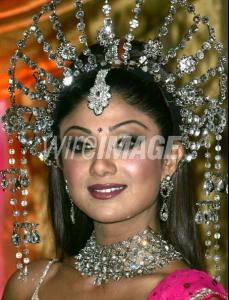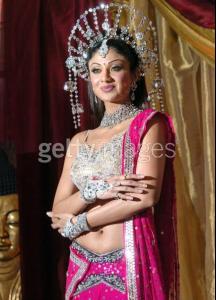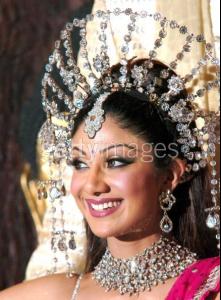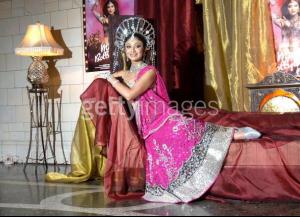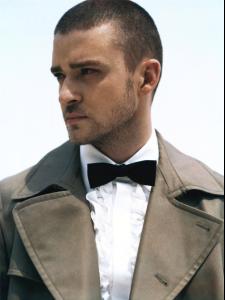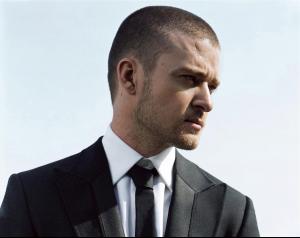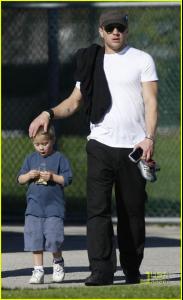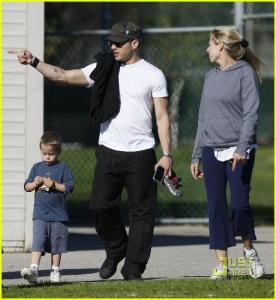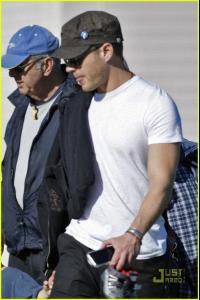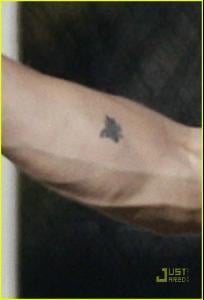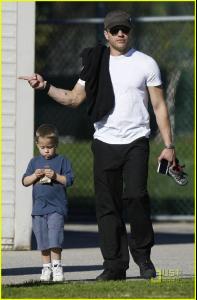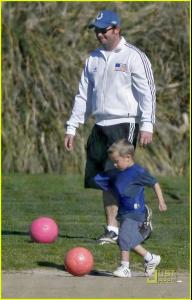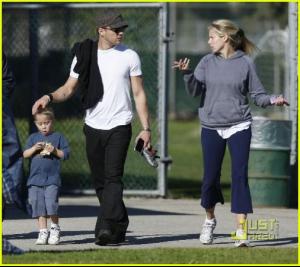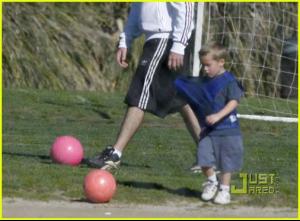Kaka: No-one can take this from us Just like the stars worn on the shirts of national team players to symbolise their status as FIFA World Cup winners, so the FIFA Club World Cup has its own emblem. AC Milan, victors at Japan 2007, will now be able to wear this symbol to commemorate their world-beating triumph. FIFA.com interviewed Milan's Brazilian midfielder Kaka, voted best player at December's showpiece and winner of the FIFA World Player award for 2007, to ask his opinion about this intriguing innovation. FIFA.com: Ricardo, what do you think about the FIFA initiative whereby Milan will be allowed to commemorate their victory in the FIFA Club World Cup 2007 by wearing a symbol on their shirts? Kaka: I think it's a great idea. It's also fantastic that an Italian side will be the first ones to do it. It's always been customary here in Italy for the league winners to commemorate their victory by sewing a Scudetto shield on their shirts, and for the cup winners to wear a rosette on their shirts. The symbol will remind everyone that we're the club world champions and that, until next December, no-one can take that title from us. It would be fantastic to win the Champions League again, so that we get the chance to defend this emblem! The emblem comes from your recent, triumphant adventure on Japanese soil. What are your memories of the event? It was the first time we'd taken part in the Club World Cup in its new format. Now the competition is more entertaining, because there are more teams. In 2003 we only played one match and lost, it was all over much quicker. Now you arrive early, you watch the other matches and you study your potential opponents. And it's a proper tournament. Comparing the semi-final against Urawa Reds with the Final against Boca Juniors, which was the trickiest match? Both games were tough, but at the same time thrilling and entertaining. We played against a local team who had an enthusiastic home crowd behind them, and then against Boca who had beaten us four years before. They were two very different victories. After making so many decisive contributions in the UEFA Champions League, there you were again, weighing in with a crucial goal and two assists. Where do you get this happy knack of performing on the big occasions? In those matches I'm especially fired up and motivated. Of course, I prepare every match in the same way, but the big finals give you an extra psychological incentive. At the 2006 FIFA World Cup you got off to a flying start and then appeared to fall off the pace. What happened? I tried to prepare well and I believe that I performed consistently throughout the entire competition, at least up until the Round of 16. Then I picked up a knee injury against Ghana and, having only had three days to recover, I had to play France while still short of full fitness. Even so, injury aside, I was physically in good shape. You now have your sights set on the Olympic Football Tournament at Beijing 2008. What drives you to take part in this tournament? I'd like to go to Beijing because Brazil have won almost everything, but they've never won a gold medal in the Olympic Football Tournament. We didn't qualify when I was eligible to take part, so I'll have to make do with being called up as an over-aged player, hopefully. Have you reached an agreement with the team's technical staff? I've told them I'm available, nothing more. And anyway, Brazil didn't even use any over-aged players last time. From that point of view I'll have to respect the decision of the Brazilian Football Federation (CBF). We'll also have to take my commitments with Milan into consideration, if we're involved in the preliminary stages of the Champions League for example. In any case I'd love to be there. You really enjoy playing for the national team, don't you? The more matches I can play for Brazil, the better, that's for certain. The Seleção is a quality brand recognised throughout the world and it's wonderful to be a part of it. The only thing missing for me and my team-mates is the possibility of playing more international games in Brazil, but at the end of the day the decision made by FIFA and the CBF is understandable, because it avoids long and costly travelling. You symbolise the present of Brazilian football and you play for Milan with Ronaldo and Pato, the recent history and the future of Brazil. What do you think of these two players? Pato is still developing, he represents the new generation. As for Ronaldo, he's the number one. In the history of Brazilian football, after Pele comes Ronaldo. The Champions League is obviously the gateway to the FIFA Club World Cup, how do you expect the impending clash between Milan and Arsenal to shape up? I've watched a few of their games and the English side play a very attractive brand of football, one of the best in Europe, and they have lots of talented youngsters. In any case, playing against strong sides always brings out the best in Milan. I think you'll find it will be no different this time around. Are you following the CAF Africa Cup of Nations? I haven't seen many games so far. Only on Sunday, before we played, I caught some of the Ghana-Nigeria game. I like African football because the players have similar technical qualities to Brazilian players, although in my opinion they don't have the same level of concentration or tactical awareness. What's your verdict on African football, with the upcoming 2010 FIFA World Cup South Africa in mind? The environmental factor is an important one. Up to now, African sides have found it easier to win at the Olympic Games and at youth level. I remember Atlanta 1996, when Nigeria beat Argentina. I myself played at the U-20 World Cup against Ghana, when they beat us and knocked us out of the competition. They are physically strong sides and, at youth level, that makes the difference. In the last World Cup I faced Ghana in the Round of 16 and I got my revenge, but it was a great game, difficult and demanding. It just goes to show that they're on the right track, including at senior level. In 2007 you won everything there was to win, both at team and individual level. Is it true what they say, that footballers don't pay much attention to awards? No, absolutely not! Winning individual awards means a great deal to me, because they enable you to join an elite band of players who have written the history of football. Only a handful of athletes have received the FIFA World Player award and I'm one of them. Who could follow in your footsteps in the future, by winning every award? I really like Lionel Messi. But Pato also deserves a mention because, despite being only 18 years old, his talent is there for all to see. In short, it's between Argentina and Brazil! Apparently Fabio Capello, England's new head coach, has been laying down the law to his players. What are you thoughts, based on your experience? Every situation has to be taken on its own merits. It also depends a lot on the coach and the trust which he places in his players. In 2002, after each game we had a day off and then before every match we indulged in a spot of samba. We could also use mobile phones. And we were successful. We were always totally professional though, obviously. In 2006 a different regime was adopted and the decision was made that we could only go out at certain times, with more restrictions, and the results weren't as positive. There is no hard and fast rule. A coach has to get to know the people at his disposal and then make decisions. There's no doubt that Capello is equal to the task that he's been assigned.
